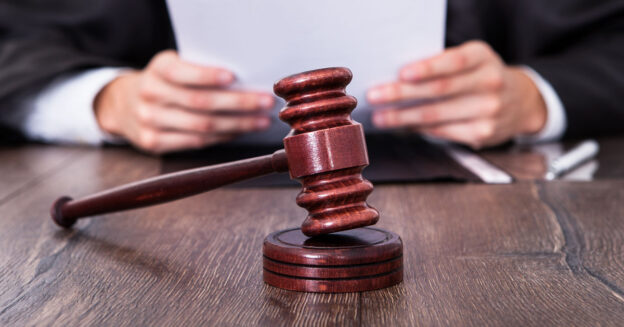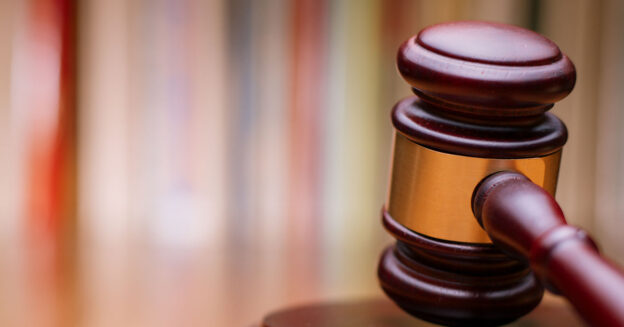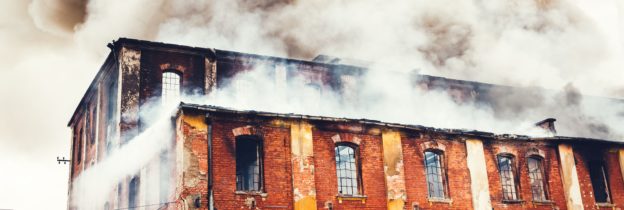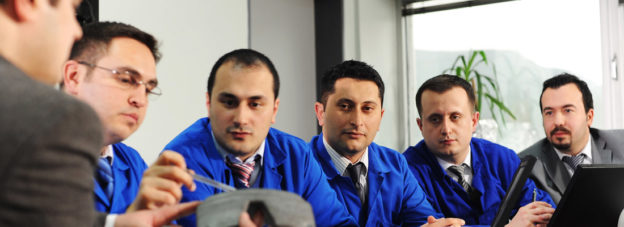In Homesite Ins. Co. a/s/o Adam Long v. Shenzhen Lepower Int’l Elecs. Co., Ltd., No. 6:23-CV-981, 2024 U.S. Dist. LEXIS 22002, the United States District Court for the Northern District of New York (the Court) considered whether Homesite Insurance Company (the Carrier) sufficiently pled a strict products liability claim against Shenzhen Lepower International Electronics Company Ltd. (Shenzhen). Finding that the Carrier’s complaint did not plausibly allege a strict products liability claim under any of the three available theories of liability, the Court granted Shenzhen’s motion to dismiss the Carrier’s complaint under Federal Rule of Civil Procedure 12(b)(6). Continue reading






